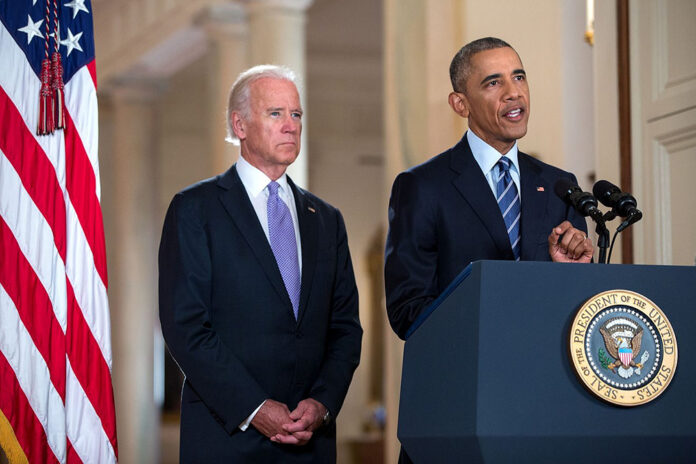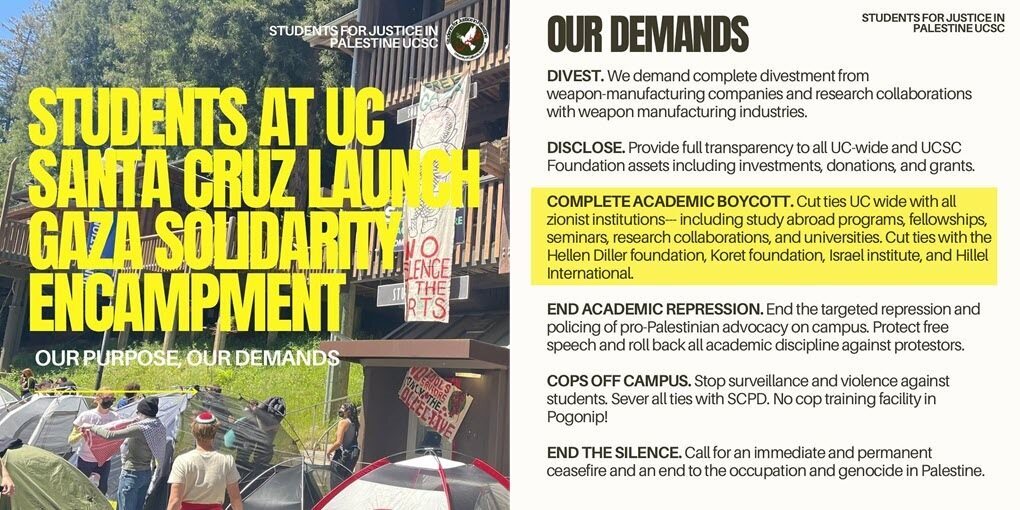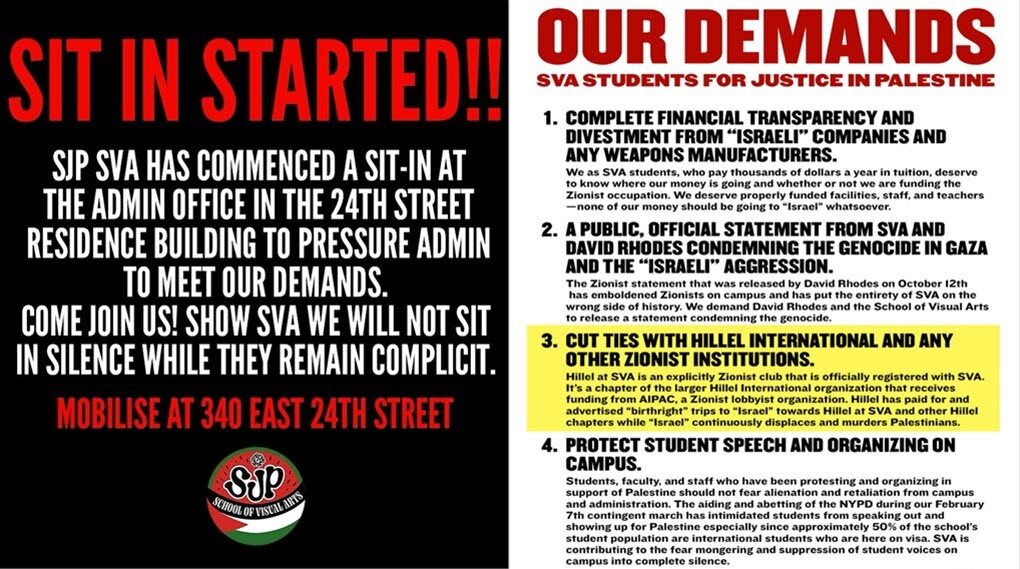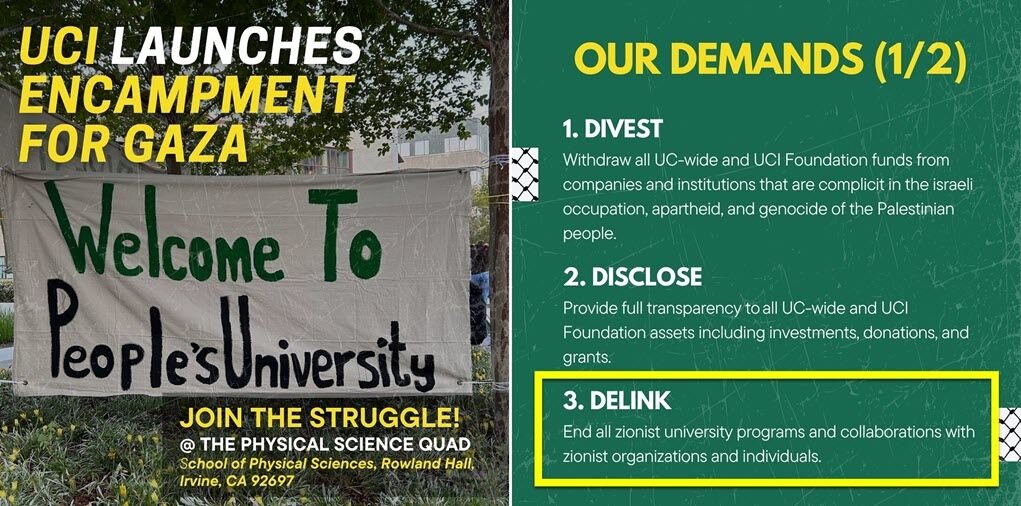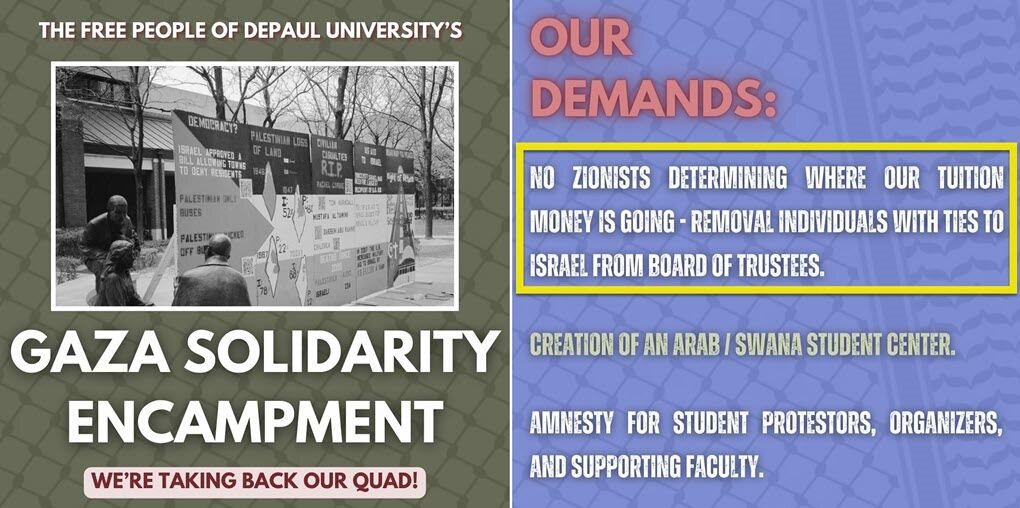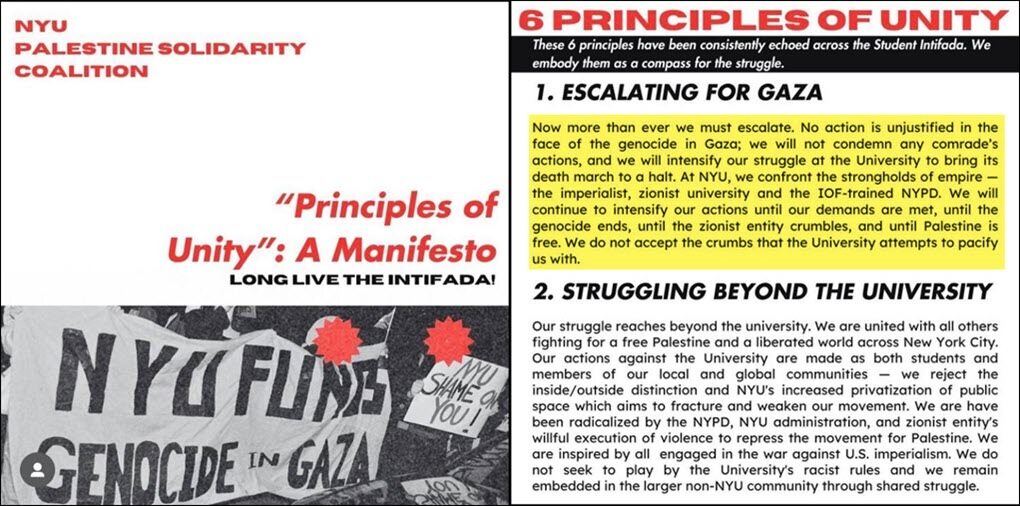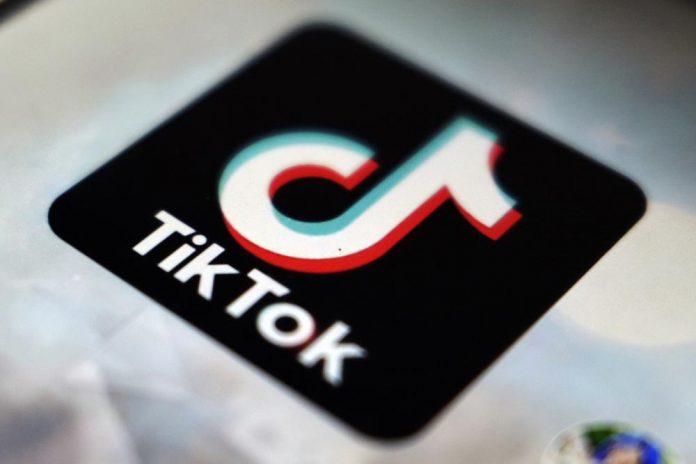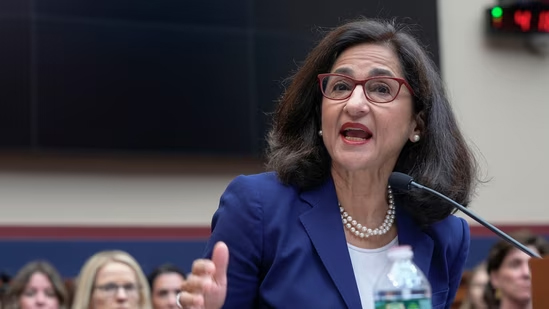Harvard U Criticized by House Committee for Inadequate Response to Anti-Semitism Concerns
Edited by: Fern Sidman
A recent report from the Republican-led House Committee on Education and the Workforce has criticized Harvard University for its slow response to rising anti-Semitism on campus last fall. According to a report that appeared on Thursday in the WSJ, the report alleges that the university’s leadership ignored key recommendations from an advisory group it created to address these issues and that its efforts were largely performative.
The committee’s investigation began in the wake of the October 7th attack by Hamas on Israel, which resulted in the brutal massacre of 1200 Israelis and others as well as the abduction of 250 hostages. Following the attack, the Harvard Undergraduate Palestine Solidarity Committee issued a statement, co-signed by over 30 other Harvard student organizations, blaming the Israeli government for the ensuing violence, as was reported by the WSJ. This statement, coupled with a delayed condemnation of Hamas by then-President Claudine Gay, sparked significant backlash from the Jewish community both within and outside Harvard.
The House Committee on Education and the Workforce, chaired by Rep. Virginia Foxx (R., N.C.), released its findings on Thursday. The WSJ noted that the report accuses Harvard’s former President Gay and other university leaders of failing to take meaningful action against anti-Semitism, despite having established an Anti-Semitism Advisory Group.
“Former President Gay and Harvard’s leadership propped up the university’s Anti-Semitism Advisory Group all for show,” said Rep. Foxx in a statement, according to the report in the WSJ. The report claims that the advisory group’s recommendations were largely ignored and that Harvard’s response to anti-Semitic incidents was inadequate and delayed.
Harvard spokesperson Jason Newton expressed disappointment with the committee’s report, arguing that it presented a selective and incomplete view of the university’s efforts to combat anti-Semitism. “Across 17 submissions, including more than 30,000 pages of information, Harvard has continued to cooperate with the Committee’s inquiry and address their ongoing questions,” Newton stated in an email to the WSJ. “It is disappointing to see selective excerpts from internal documents, shared in good faith, released in this manner, offering an incomplete and inaccurate view of Harvard’s overall efforts to combat anti-Semitism last fall and in the months since.”
The committee’s report is based largely on interviews and subpoenaed internal university communications, according to the WSJ. Here are the main takeaways:
Delayed Response: The report criticizes Harvard’s leadership for a delayed response to anti-Semitic incidents following the Hamas attack. The university’s condemnation of Hamas came after significant criticism from the Jewish community, suggesting a lack of urgency in addressing anti-Semitism.
Ignored Recommendations: The Anti-Semitism Advisory Group, created by Harvard to address rising antisemitism, provided several recommendations that were reportedly ignored by the university’s leadership. The committee’s report suggests that the advisory group was used more for public relations than for implementing real change.
Performative Actions: The report implies that Harvard’s actions against anti-Semitism were largely performative, lacking substantive measures to protect Jewish students and address the hostility they faced on campus.
Community Backlash: The report highlights the significant backlash from the Jewish community and prominent alumni, who felt that Harvard’s response to anti-Semitism was insufficient and delayed.
Indicated in the WSJ report was that the House Committee report also highlights several specific incidents that occurred on campus following the Hamas attack:
Spitting Incident: An undergraduate student wearing a yarmulke was spat on, a clear act of antisemitic harassment.
Verbal Assault: Another Jewish student was followed back to her dormitory while a tutor screamed at her, adding to the hostile environment.
Social Media Threats: On the social media platform Sidechat, which is accessible only to those with Harvard email addresses, users posted threats such as “gas all the Jews” and “let em cook.” These comments received 25 net upvotes, indicating a troubling level of support.
The report points out that the university’s rules against such behavior fall under antibullying and harassment policies managed by the Office of Equity, Diversity, Inclusion, and Belonging, as was detailed in the WSJ report. However, the office reportedly did not respond to complaints of anti-Semitic harassment, leaving affected students without adequate support or recourse.
In late October, then-President Claudine Gay announced the creation of an eight-member anti-Semitism advisory group. This group, composed of Harvard faculty, alumni, and a student representative, was tasked with developing a robust strategy to combat anti-Semitism on campus, the WSJ reported. Despite this initiative, many Jewish students felt their concerns were still being ignored.
Feeling neglected by the university administration, some Jewish students directly approached members of the advisory group, including Dara Horn, an alumna, novelist, and former visiting lecturer of Jewish Studies at Harvard. The WSJ reported that according to the report, Horn acknowledged the students’ frustrations, stating, “Jewish students don’t feel like we’re taking this seriously.”
In response to the criticism, Harvard University stated that its police department has increased presence and patrols in areas where Jewish community members gather. Additionally, the university has coordinated with Sidechat to ensure the platform’s content moderation guidelines are strictly enforced.
Harvard spokesperson Jason Newton expressed disappointment with the committee’s report, arguing that it presented a selective and incomplete view of the university’s efforts. “Across 17 submissions, including more than 30,000 pages of information, Harvard has continued to cooperate with the Committee’s inquiry and address their ongoing questions,” Newton told the WSJ. “It is disappointing to see selective excerpts from internal documents, shared in good faith, released in this manner, offering an incomplete and inaccurate view of Harvard’s overall efforts to combat anti-Semitism last fall and in the months since.”
The report also criticizes Harvard for failing to adequately enforce its rules against protesters who engaged in anti-Semitic behavior, as was explained in the WSJ report. Specifically, the administration was slow to address chants such as “from the river to the sea” and “intifada,” which the advisory group identified as anti-Semitic calls for Israel’s elimination through violence.
Members of the Anti-Semitism Advisory Group demanded several actions from the university, including:
Official acknowledgment that the chants “from the river to the sea” and “intifada” are anti-Semitic.
An immediate ban on masked protests.
Prohibition of teaching staff from pressuring students to engage in political activism.
Frustrated by what they perceived as inaction, five members of the advisory group threatened to resign. In response, then-President Claudine Gay warned that a mass resignation would be “explosive, and would make things even more volatile and unsafe,” according to the WSJ report. On November 9, Gay issued a statement condemning the protesters’ chants and pledged to address some concerns, but the advisory group members remained dissatisfied with the administration’s response.
Harvard’s administration stated that any violations of policies concerning protest and dissent would be subject to disciplinary action, regardless of the protest content. However, the advisory group was particularly upset that Gay did not consult with them before her testimony to a congressional committee on anti-Semitism, as per the information in the WSJ report. The group felt that Gay’s testimony failed to convey the pervasiveness and systemic nature of anti-Semitism on campus, instead focusing primarily on public protests.
Dara Horn expressed disappointment in Gay’s testimony. “That did not capture the extent to which this was a pervasive, I would say, systemic problem on campus,” Horn said in an interview with the committee, as was reported by the WSJ. “I felt that her testimony did not acknowledge that, and that was disappointing to me and to others on the committee.”
The report also highlights several disturbing incidents of anti-Semitic harassment at Harvard:
An undergraduate student wearing a yarmulke was spat on.
Another Jewish student was followed to her dormitory while being screamed at by a tutor.
Threatening messages on the social media platform Sidechat, exclusive to those with Harvard email addresses, included calls to “gas all the Jews” and “let em cook,” which received 25 net upvotes.
In response to these incidents, Harvard University has taken steps to increase security and enforce content moderation on social media platforms. The WSJ report said that the university’s police department has enhanced its presence and patrols in areas frequented by the Jewish community. Additionally, Harvard has coordinated with Sidechat to ensure the enforcement of content-moderation guidelines.
Two days after testifying before Congress, Rabbi David Wolpe, a member of Harvard’s Anti-Semitism Advisory Group, resigned in protest. In his resignation letter, Rabbi Wolpe wrote: “Both events on campus and the painfully inadequate testimony reinforced the idea that I cannot make the sort of difference I had hoped,” according to the WSJ report.
In April, Harvard announced the formation of two working groups tasked with recommending ways to nurture a culture of open inquiry, constructive dialogue, and academic freedom. Noted in the WSJ report was that despite these efforts, the advisory group felt that the university was not acknowledging the widespread problem of anti-Semitic harassment on campus.
The advisory group urged the university to disclose the number of anti-Semitism-related reports it had received, as well as any disciplinary actions taken. The report indicates that Harvard paid lip service to this request but failed to publicize the harassment reports or any subsequent disciplinary measures.
Also mentioned in the WSJ report was that the advisory group made several additional recommendations, which the report claims Harvard has yet to implement:
Zero-Tolerance Policy: Establishing a zero-tolerance policy for classroom disruptions.
Review of Academic Rigor: Assessing the academic rigor of classes perceived as containing antisemitic content.
Intellectual Diversity: Increasing intellectual diversity on campus.
Investigation of “Dark Money”: Investigating potential influences from foreign sources such as Iran, Qatar, and associates of terrorist groups.
The advisory group also called for a review of the Office of Equity, Diversity, Inclusion, and Belonging to understand why it was ill-equipped to address issues of exclusion and harassment of Jewish and Israeli students, as was revealed in the WSJ report. They recommended an overhaul of approaches to inclusion and diversity that may have inadvertently encouraged anti-Semitism.
In response to the ongoing criticism, Harvard announced the creation of a task force designed to combat anti-Semitism. The report in the WSJ also said that this task force is currently reviewing the treatment of Jewish and Israeli students at the university since the 1960s to identify causes, characteristics, and contributing factors of anti-Semitic behaviors on campus and to recommend strategies to address them.



